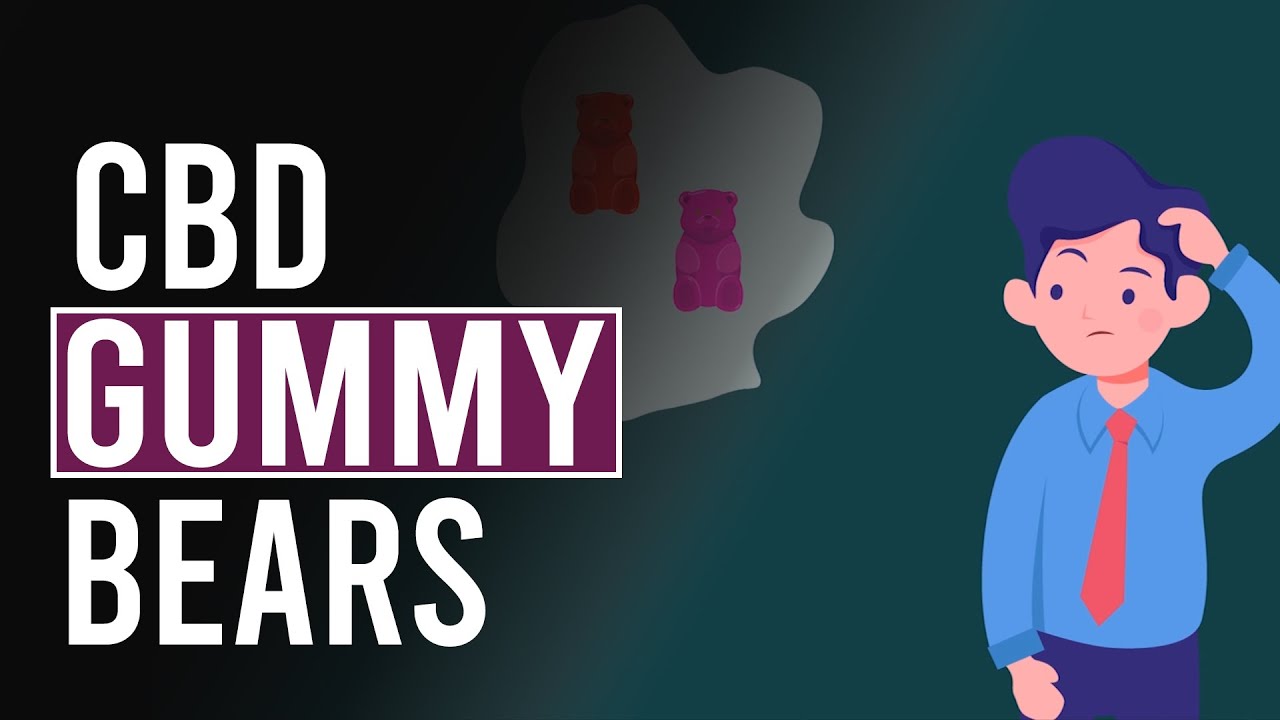Can You Fail a Drug Test from CBD? 3 Important Facts
Understanding CBD and Drug Tests
As cannabidiol (CBD) continues to grow in popularity, many users are curious about its implications for drug testing. CBD is a non-psychoactive compound derived from the cannabis plant, which has garnered attention for its potential health benefits. However, despite its non-intoxicating nature, there are concerns regarding its possible effects on drug tests. These tests are typically designed to detect tetrahydrocannabinol (THC), the compound responsible for the mind-altering effects of cannabis. Although most CBD products contain only trace amounts of THC, there is still a potential for these traces to lead to a positive drug test result.

CBD products come in various forms, such as oils, tinctures, capsules, edibles, and topical applications. The purity of these products can vary significantly from one brand to another. The lack of stringent regulation in the CBD industry means that some products may contain higher levels of THC than advertised. Additionally, different drug testing methods vary in their sensitivity to THC, further complicating the landscape for CBD users. Understanding how CBD interacts with drug tests is crucial for any individual who might be required to submit to such evaluations, especially those in work-related situations.
This article explores three important factors surrounding the question, “Can you fail a drug test from CBD?” We will delve into the composition of CBD products, the potential for THC contamination, and the effectiveness of various drug testing methods. By the end of this discussion, readers will be better equipped to navigate the complexities of using CBD without the fear of adverse repercussions during drug tests.

The Chemical Composition of CBD Products
To understand the risk of failing a drug test while using CBD, it is important to first examine the chemical composition of CBD products. Cannabidiol is one of many cannabinoids in the cannabis plant, alongside THC and others such as cannabigerol (CBG) and cannabinol (CBN). Most CBD products derive from hemp, a variety of cannabis with a low concentration of THC. The legal limit for THC content in hemp-derived products is 0.3% in the United States, but even this minute amount can impact drug test results.
Different methods of extraction and formulation result in varying types of CBD products. Full-spectrum CBD products contain all cannabinoids found in the cannabis plant, including trace amounts of THC. Broad-spectrum products have a similar profile but typically exclude THC entirely. Isolate products contain only CBD and no other cannabinoids. Users must choose their products carefully based on their needs and the potential risk of trace THC affecting drug test outcomes.
The variability in cannabinoid concentration underscores the significance of third-party testing and transparent labeling. Many reputable brands provide certificates of analysis (COAs) that confirm the cannabinoid percentages in their products. Consumers should prioritize brands that adhere to rigorous testing standards, ensuring a clearer understanding of what they are putting into their bodies and how it may affect them in a testing scenario.
The Risk of THC Contamination
Even in the case of products marketed as THC-free or low in THC, there remains a risk of contamination. This contamination could arise from various factors, including inadequate processing methods, unintentional mixing, or improper labeling. Some studies have revealed that certain CBD products contained much more THC than advertised, leading to concerns among users who seek to avoid THC altogether.
Timing of consumption is another critical factor in this situation. If a user takes a CBD product shortly before a drug test, especially one with detectable THC levels, the likelihood of failing that test increases significantly. Additionally, the frequency of use matters—regular users may accumulate enough THC in their system to trigger a positive result on a drug test, even if they primarily consume CBD.
Additionally, the entourage effect, a phenomenon where multiple compounds in cannabis work together synergistically, is worth noting. Full-spectrum products may enhance the overall efficacy of CBD but at the risk of introducing more THC into the user’s system. Users need to weigh the risks and benefits when selecting a product, particularly if they are subject to drug testing.
Drug Testing Methods and Their Sensitivity
Various drug testing methods are employed across different industries, and the sensitivity of these tests can significantly affect the likelihood of detecting THC or its metabolites. Common testing methods include urine, blood, saliva, and hair samples. Urine tests are the most prevalent, as they are relatively easy to administer and cost-effective. However, the cutoff levels used to determine a positive result can vary among testing facilities.
Urine tests typically screen for THC metabolites, which can remain in the body for days or even weeks after use, depending on usage frequency and the individual’s metabolism. Blood tests, while less common, can detect active THC in the bloodstream but are often used in situations related to impairment rather than routine drug testing. Saliva tests are gaining popularity for their ease of use but have shorter detection windows for THC, making them less likely to yield positive results for CBD users who consume responsibly.
Hair tests provide a longer detection window, as THC can be detected for several months after use. However, these tests are less frequently used due to their higher cost and complexity. Understanding the different drug testing methods and their sensitivity to THC is essential for CBD users who may be concerned about the potential for positive results.
Navigating CBD Use to Avoid Drug Test Failures
For individuals considering or currently using CBD while facing drug testing, awareness and strategic choices can help mitigate the risk of failing a test. First and foremost, researching and selecting high-quality CBD products from reputable manufacturers can significantly minimize the risk of THC contamination. Look for products that are tested by third-party labs and have transparent labeling indicating cannabinoid concentrations.
Users should also pay attention to their consumption habits, including the frequency and amount of CBD consumed. Limiting the use of full-spectrum products can further decrease the risk of THC exposure, especially for those who are regularly tested. Experimentation with CBD isolates may be an alternative for maintaining wellness without the risks associated with THC.
Finally, understanding the timing of consumption relative to testing schedules is crucial. Maintaining open communication with employers or testing entities can sometimes result in alternative solutions, especially for medical CBD users. Ultimately, taking proactive measures enables CBD users to navigate their choices securely while minimizing the risks of adverse drug test outcomes.
Frequently Asked Questions about CBD and Drug Testing
The concern about possibly failing a drug test after consuming CBD is understandably daunting. Users often find themselves with many questions. One of the most frequently asked questions is, “Can I fail a drug test even if I only use CBD?” Yes, it is possible to fail a drug test if you consume CBD products that contain THC, even in trace amounts. The sensitivity of the drug test and individual metabolic factors can also play a significant role.
Another common concern revolves around the different types of CBD products available. Users often wonder, “Should I use full-spectrum, broad-spectrum, or isolate CBD?” While isolate CBD is the safest choice for avoiding THC entirely, full-spectrum products may offer additional therapeutic benefits. Consumers should evaluate their priorities, considering wellness benefits against the risk of drug testing.
Lastly, CBD users frequently ask about the duration of THC detection in the body. THC can typically be detected in urine for up to 30 days for regular users, while occasional users may test positive for a few days to a week. Understanding the duration factors and following relevant guidelines can help users make informed decisions regarding their CBD consumption.